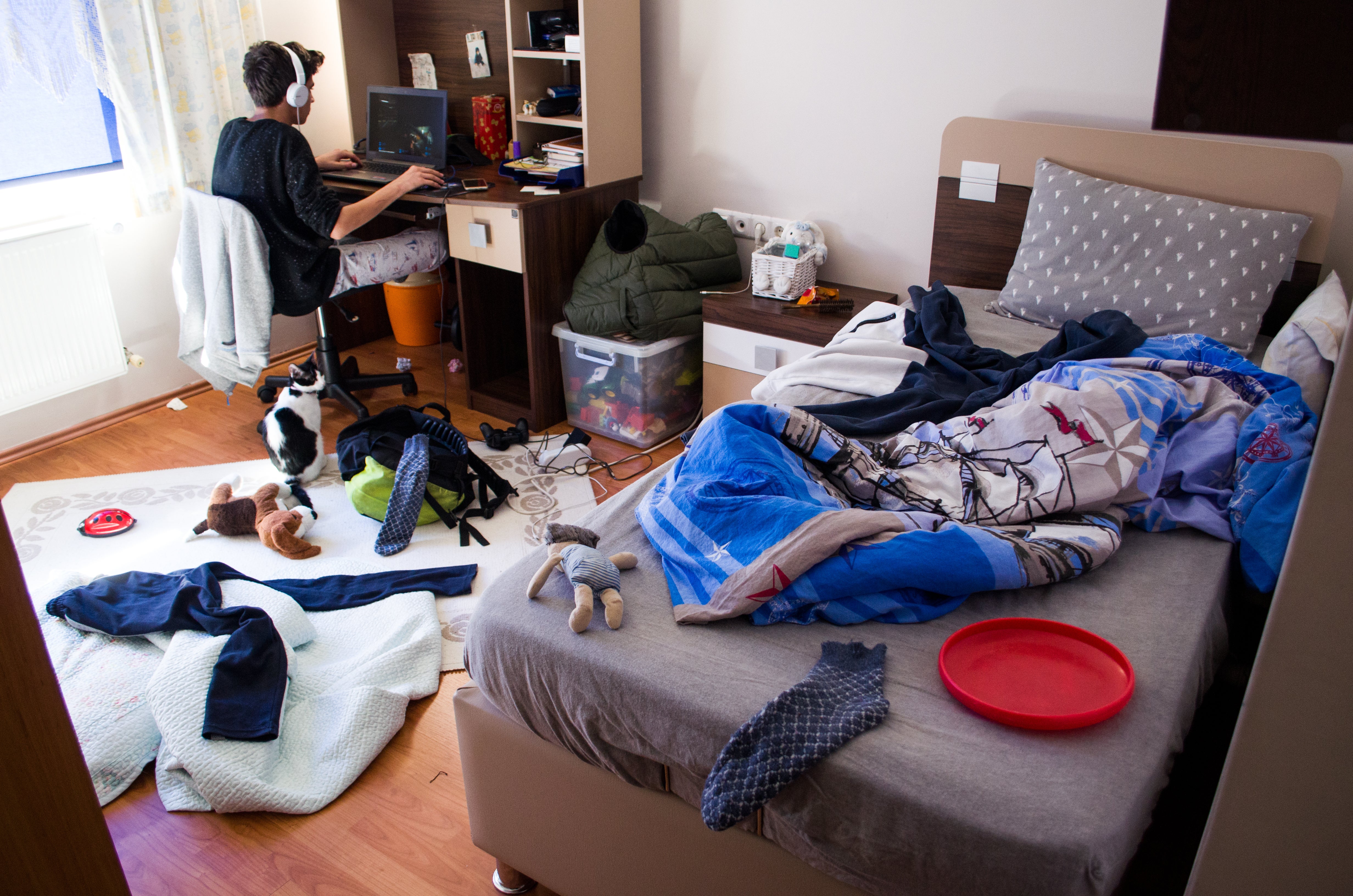MSN Messenger, MySpace, Walkmans – everything we loved has been ruined
Going offline to check if anyone interesting was around (rather than revealing yourself as online to your whole contact list) was de rigueur


Your support helps us to tell the story
From reproductive rights to climate change to Big Tech, The Independent is on the ground when the story is developing. Whether it's investigating the financials of Elon Musk's pro-Trump PAC or producing our latest documentary, 'The A Word', which shines a light on the American women fighting for reproductive rights, we know how important it is to parse out the facts from the messaging.
At such a critical moment in US history, we need reporters on the ground. Your donation allows us to keep sending journalists to speak to both sides of the story.
The Independent is trusted by Americans across the entire political spectrum. And unlike many other quality news outlets, we choose not to lock Americans out of our reporting and analysis with paywalls. We believe quality journalism should be available to everyone, paid for by those who can afford it.
Your support makes all the difference.Forget WhatsApp and Facebook Messenger. Throw Instagram and Twitter DMs into a lake of fire. I pine for MSN Messenger, the teenage communications staple for millennials.
Launched in 1991, MSN Messenger was the way my peers and I communicated with each other – and with our crushes. We’d rush home to chat, mainly to the people we’d been with all day; the fortunate among us from the privacy of our bedrooms, others from desktops in family areas – so watchful parents could feel like they were keeping an eye.
Changes to MSN names – often featuring tortured song lyrics (anything by My Chemical Romance was a regular go-to) – were subtle declarations of romantic commitment, and felt imbued with real depth of meaning to those of us in early adolescence. Some screen names were pure art: complex patterns of emojis and punctuation.
Going offline to check if anyone interesting was around (and then just messaging them, rather than revealing yourself as online to your whole contact list) was de rigueur. If someone marked as offline got in touch, you could bask in the glow of being a chosen confidante. We’d log in and out repeatedly – so whoever we fancied got a notification – as a way of announcing ourselves and (hopefully) encouraging them to send us a message. It was angst and intimacy and constantly typing “BRB” when a parent or sibling demanded our attention.
I miss MySpace too, where there was the opportunity to reconfigure the HTML of your page and be creative about how it looked and functioned. We were using basic coding skills at 15 and 16 – before “coding lessons for your child” was on every middle-class parents’ wish list.
The carefully-chosen profile song was often a statement (or you could get rid of it altogether and spare yourself the hassle) – and so were your top friends (which you could also hide to avoid the inevitable, machiavellian politics of the whole thing).
MSN Messenger is sadly no more, having been fully retired in 2014 – after 15 years of memories. MySpace is still alive, but exists as more of a curated music and entertainment site.
I definitely wasn’t alone in feeling like I could express myself more on MSN and MySpace, unconstrained by the awkwardness and anxiety that beset too many of my IRL teenage interactions. I wasn’t automatically the weird or nerdy girl: I could be more confident, I could try to be cool.
Perhaps most of my nostalgia comes from the fact that these services were my first foray into the online world, but it’s not just that. Unlike with Instagram and Twitter, I wasn’t driven to build a “personal brand”, or gain followers, or have the most friends or the biggest contact list. It didn’t feel like a competition in the same way. It wasn’t work.
It was about my mates: music and the people I fancied, which, in the face of the social media options we have now, seems laughably simplistic.
To keep up to speed with all the latest opinions and comment, sign up to our free weekly Voices Dispatches newsletter by clicking here
Yes, people got “MySpace famous” and artists gained their early audiences on the site (think Arctic Monkeys, Lily Allen and Calvin Harris), but in these heady, halcyon days of social media and instant messaging, things felt imbued with lightness and possibility, rather being something that needed “managing” or “maintaining”.
Social media is now so ubiquitous that it can feel like another full-time job – and not just for famous faces or people who have chosen a career in this area. It’s tiring, it’s competitive, combative, at times abusive and (too often) just not much fun.
In other nostalgic news, Sony is releasing a new version of its iconic Walkman, with prices starting at $1,600, up to $3,200 for a gold-plated model. I had a Walkman – my friend gave it to me when she graduated to a much cooler Discman.
Battered and secondhand, it let me carry my preferred soundtrack of Avril Lavigne’s first two albums, Panic! At The Disco and The Rolling Stones’ Voodoo Lounge with me at all times. My homemade mixtapes had inserts crafted from pictures cut out of magazines. The plastic tape cases I wrote on with Tippex – which was also useful for giving yourself impromptu French manicures in particularly boring lessons.
Sony’s gold-plated Walkman sells nostalgia back to rich people. Maybe Instagram, Twitter and WhatsApp are like the gold-plated versions of MySpace and MSN Messenger. And maybe I’m just a moaning millennial, but sometimes they feel a little bit… joyless in comparison.
Join our commenting forum
Join thought-provoking conversations, follow other Independent readers and see their replies
0Comments